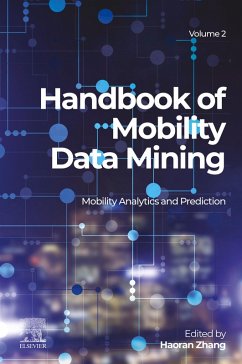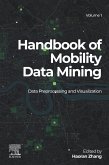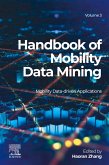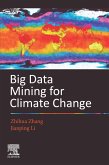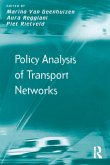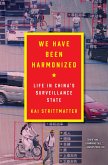Handbook of Mobility Data Mining, Volume Two: Mobility Analytics and Prediction introduces the fundamental technologies of mobile big data mining (MDM), advanced AI methods, and upper-level applications, helping readers comprehensively understand MDM with a bottom-up approach. The book explains how to preprocess mobile big data, visualize urban mobility, simulate and predict human travel behavior, and assess urban mobility characteristics and their matching performance as conditions and constraints in transport, emergency management, and sustainability development systems. The book introduces how to design MDM platforms that adapt to the evolving mobility environment and new types of transportation and users.
This helpful guide provides a basis for how to simulate and predict mobility data. After an introductory theory chapter, the book then covers crucial topics such as long-term mobility pattern analytics, mobility data generators, user information inference, Grid-based population density prediction, and more. The book concludes with a chapter on graph-based mobility data analytics. The information in this work is crucial for researchers, engineers, operators, company administrators, and policymakers in related fields, to comprehensively understand current technologies' infra-knowledge structure and limitations.
This helpful guide provides a basis for how to simulate and predict mobility data. After an introductory theory chapter, the book then covers crucial topics such as long-term mobility pattern analytics, mobility data generators, user information inference, Grid-based population density prediction, and more. The book concludes with a chapter on graph-based mobility data analytics. The information in this work is crucial for researchers, engineers, operators, company administrators, and policymakers in related fields, to comprehensively understand current technologies' infra-knowledge structure and limitations.
- Discusses how to efficiently simulate massive and large-scale people movement and predict mobility at an urban scale
- Introduces both online detection methods, which can sequentially process data, and offline detection methods, which are usually more robust
- Stems from the editor's strong network of global transport authorities and transport companies, providing a solid knowledge structure and data foundation as well as geographical and stakeholder coverage
Dieser Download kann aus rechtlichen Gründen nur mit Rechnungsadresse in A, B, BG, CY, CZ, D, DK, EW, E, FIN, F, GR, HR, H, IRL, I, LT, L, LR, M, NL, PL, P, R, S, SLO, SK ausgeliefert werden.

